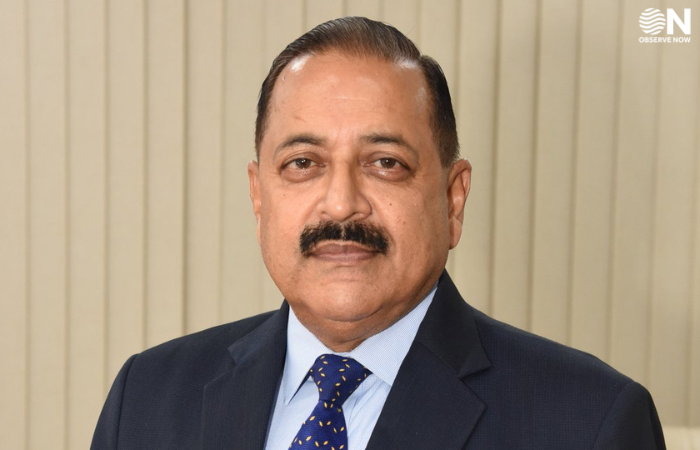Union Minister Jitendra Singh Says AI and Blockchain Will Shape the Future of Governance in India

Union Minister Jitendra Singh has emphasized that artificial intelligence and blockchain technologies are set to redefine the landscape of governance in India. Speaking on the role of emerging technologies, he noted that these tools are no longer limited to private industry but are actively transforming how citizens interact with government services.
Highlighting recent progress, Singh pointed to the Centralized Public Grievance Redress and Monitoring System (CPGRAMS), which has recorded an impressive 95 percent grievance resolution rate. According to him, this achievement reflects the power of data-driven platforms and the efficiency gained through automation and digital monitoring. The integration of AI has helped categorize complaints, speed up responses, and track outcomes with greater accuracy, leading to improved satisfaction among citizens.
He also underscored the growing role of blockchain in ensuring transparency and accountability. From secure data sharing to tamper-proof record keeping, blockchain is being viewed as a powerful tool to strengthen trust in governance. Singh suggested that as these systems mature, they could be applied in areas such as public procurement, welfare distribution, and land management, where the risk of manipulation has traditionally been high.
Another key focus of the minister’s remarks was the success of the government’s e-office initiative. The move toward digitization has drastically reduced paperwork, streamlined approvals, and cut down delays in decision-making. By embedding technology in everyday operations, ministries are becoming more agile, accessible, and citizen-centric.
Singh concluded by stressing that India’s approach to governance is entering a new era, driven by digital tools that will make administration more transparent, responsive, and future-ready. He said the adoption of AI and blockchain is not a distant goal but an ongoing process, setting the stage for a more efficient and participatory model of governance.
















